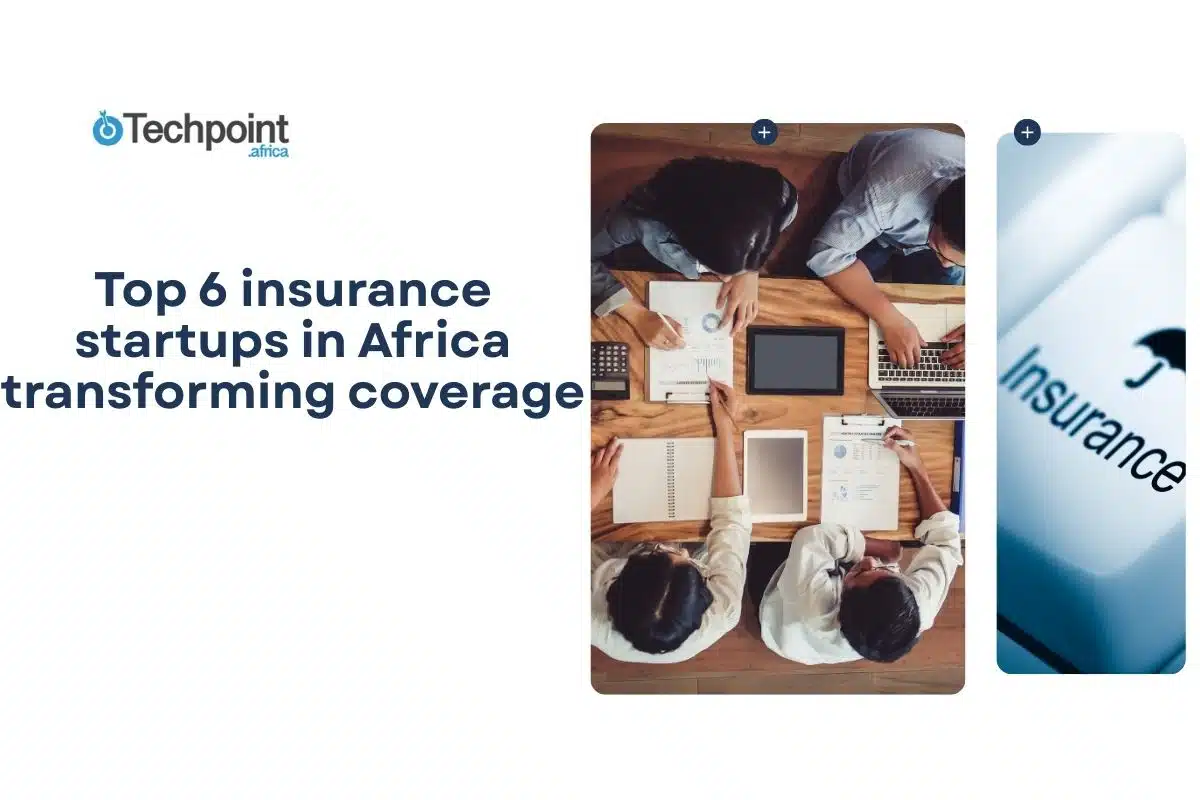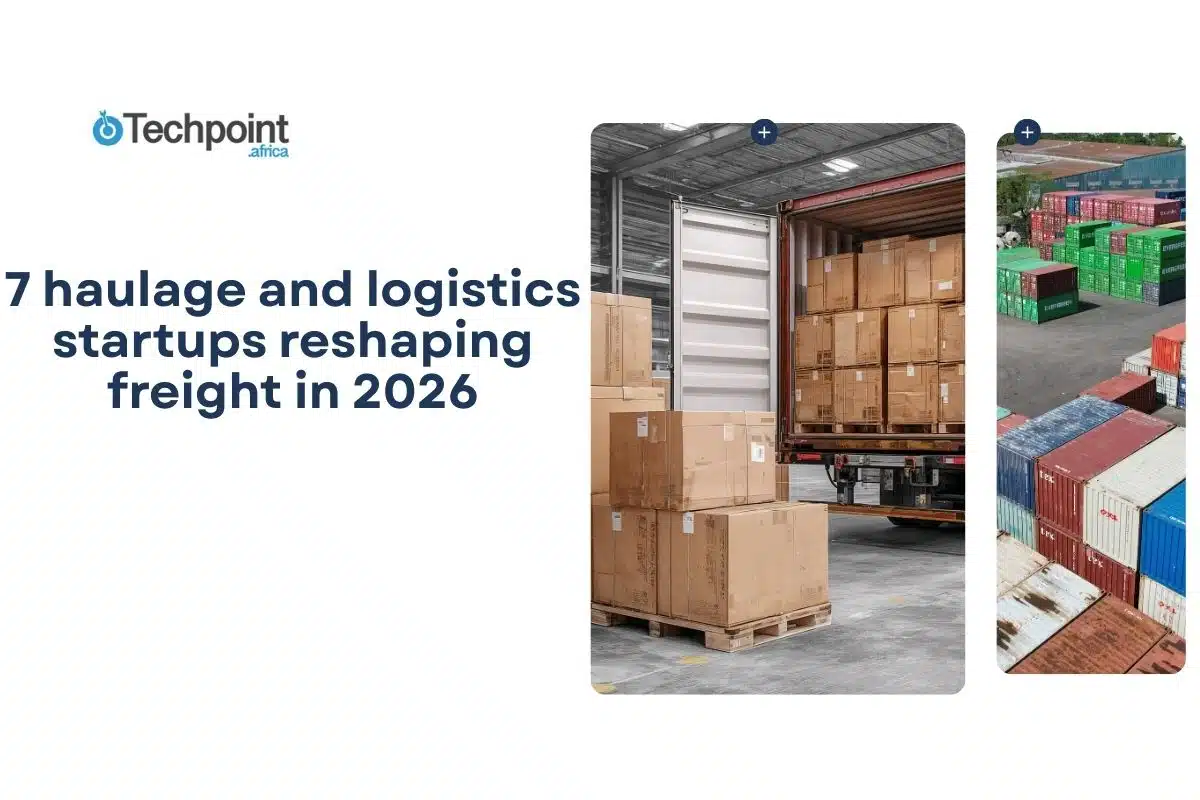In 2024, PaidHR launched a cross-border payroll feature as part of efforts to stave off the effects of a currency devaluation in its primary market, Nigeria.
Today, Co-founder and CEO Seye Bandele says it makes up 15% of the startup’s revenue and is one of the products it intends to double down on following a $1.8 million seed round.
Accion Venture Lab led the round, which brings PaidHR’s total funding raised to $2.3 million. Existing investors Zrosk, Chui Ventures, and Zedcrest Capital joined the oversubscribed round — the startup had initially set out to raise $1.5 million.
Africa’s 41 million small businesses employ up to 80% of the workforce. But for many of them, managing back-office operations such as payroll is a herculean task. In addition to the immense time spent on payroll each month, businesses often make errors due to manual processes.
Various solutions, from Microsoft Excel to foreign-built software, help them with these tasks, but many can’t afford some of these products or find that they’re not built with the African context in mind.
This has led to the rise of indigenous HR tech solutions like PaidHR, SeamlessHR, and Workpay.
“We are building HR management for the African context, and this funding allows us to scale our vision, expand our reach, and deliver even more value to our clients,” Bandele said in a statement.
Powering people processes for Africa’s small businesses
Before the inception of PaidHR, Co-founders Bandele and Lekan Omotosho (CTO) had each spent over a decade in diverse sectors. But it was Omotosho’s desire for a new challenge that ultimately sparked their entrepreneurial journey.
For Bandele, whose career included stints at prominent Nigerian startups such as DealDey, Yudala, and Konga, the struggle to effectively capture and utilise information internally was a problem he encountered at previous employers. His initial vision was to develop payroll software, believing it would offer an entry point into these companies.

Victoria Fakiya – Senior Writer
Techpoint Digest
Make your startup impossible to overlook
Discover the proven system to pitch your startup to the media, and finally get noticed.
While the duo initially aimed to tailor their solution for small businesses, their very first client was a large enterprise — Transport Services Limited — an experience that Bandele says forced the team to accelerate its growth.
The startup has grown significantly since then and is now present in Nigeria, Kenya, and South Africa. Meanwhile, it serves nearly 300 businesses, most of which are in the logistics, retail, and manufacturing sectors. It also processes payroll for Bamboo, Risevest, MAX, and Busha.
In the last year, it launched two products — earned wage access and cross-border payroll — to build a more comprehensive solution. Employees at businesses that use PaidHR can access up to 50% of their salaries before payday, reducing the need for payday loans. In 2024, it disbursed ₦150 million to employees, and Bandele says the startup continues to see strong growth in that vertical.
With access to credit still low in Africa, he argues that payroll data could be helpful in reducing the deficit. That’s also a major factor for lead investor Accion Venture Lab.
“By combining human resources automation with embedded financial services like earned wage access and USD savings, the platform not only improves how businesses operate but seeks to deliver meaningful financial inclusion for workers,” Managing Partner at Accion Venture Lab Amee Parbhoo said.
In April 2025, PaidHR unveiled its employee wallet, a feature that allows users to withdraw their salaries, pay bills, access earned wages, and even conduct cross-border transactions. While the launch garnered considerable attention, with some critics suggesting it was merely another startup dabbling in airtime sales, Bandele asserts that the wallet feature transcends a simple play in the fintech space.
“We’re primarily an HR tech company that has just figured out how to connect our work to what solves the everyday problem of people on our platform.”
Selling software to Nigerians
Many consider building and selling software products to Nigerians a tough sell. To counteract this behaviour, many software providers go after large businesses that can easily pay for these products.
While PaidHR’s target market — small and medium-sized businesses — often baulk at paying for subscriptions, Bandele says the startup is patient enough to see that behaviour change.
One strategy it has adopted is trying to sell the benefits of using its services in a way that is relatable to both businesses and their employees rather than through outlandish marketing campaigns. Bandele leads from the front with a relatable persona on X (formerly Twitter) driving growth for the startup. Even then, he notes that there’s still a long way to go before startups like his can displace manual processes or free tools like Excel.
Navigating economic headwinds and competition
Based on its impressive performance since launch, PaidHR maintains an optimistic outlook, but it faces significant challenges that could shape its future.
A primary concern is its reliance on the Nigerian economy. According to the Small & Medium Enterprises Development Agency of Nigeria, there are 39.6 million micro, small, and medium enterprises in the country.
At first glance, that’s a large market, but the vast majority are informal businesses, 90% of which make less than ₦500,000 in monthly profits. Moreso, 50% of these businesses fail in the first five years.
A challenging economic climate, characterised by inflation, currency devaluation, and reduced consumer spending, can directly impact the financial health of the small and medium-sized businesses it targets. This could lead to a decreased willingness or ability of these businesses to invest in software subscriptions, potentially slowing customer acquisition and revenue growth.
The startup is aware of this, hence its cross-border payroll offering. But it faces competition from larger and well-funded competitors. Deel, for example, already offers services to businesses on the continent.
PaidHR is currently present in just three countries, but it will have to fight competitors with deeper pockets for marketing and hiring talent in addition to navigating multiple regulations, thus making it harder to capture and retain market share in this segment.
However, there is hope that regulation will help smooth the path forward. In 2024, the Central Bank of Nigeria mandated that all point-of-sale (POS) agents register with the Corporate Affairs Commission, forcing many to begin the process of formalising their operations.
As Nigeria continues its efforts to expand the tax base, the government may pursue broader formalisation initiatives, potentially opening up new market opportunities for platforms like PaidHR.
Beyond macroeconomic factors, PaidHR must contend with the ingrained habits of its target customer base. Changing customer behaviour, particularly convincing SMEs to transition from manual processes or free tools like Microsoft Excel to a paid software solution, remains a significant uphill battle.
Despite the clear benefits of efficiency and compliance, many businesses, especially those operating on tight margins, are often hesitant to adopt new technologies or incur recurring subscription costs. Whether its patient approach to customer acquisition and growth would suffice is yet to be seen.
PaidHR’s growth and recent funding highlight its potential, yet its long-term success hinges on adeptly navigating Nigeria’s economic realities and the competitive landscape while changing ingrained customer behaviours.











